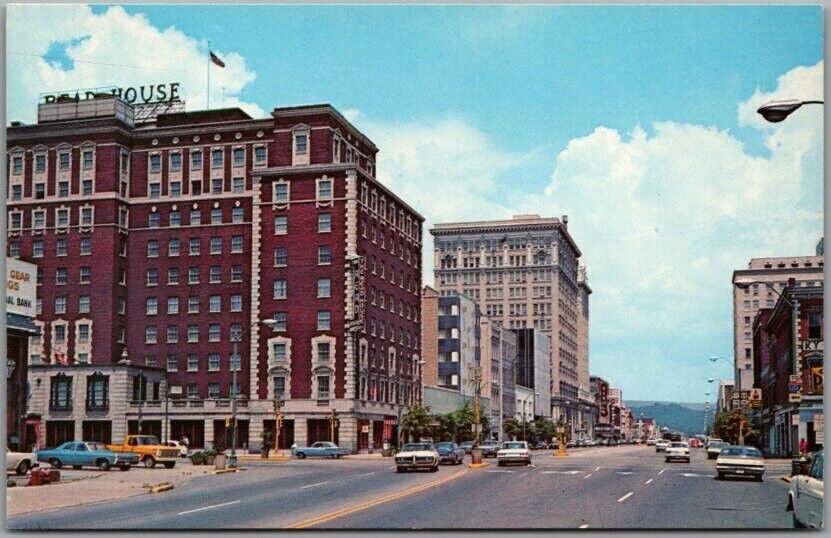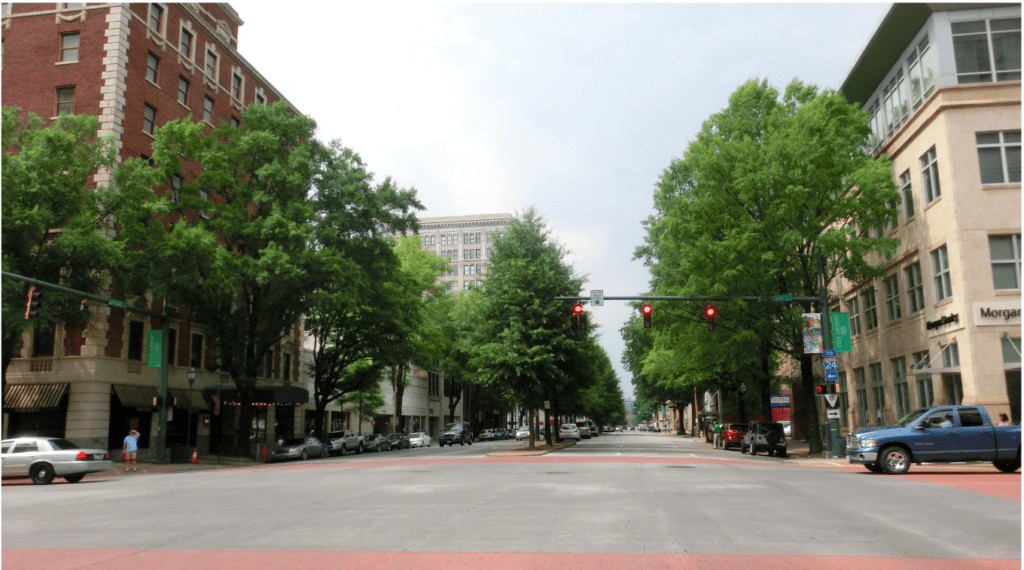Citizen & Consumer: The Language of Belonging
faithcoop • September 17, 2024
faithcoop • September 17, 2024

A decade ago I was part of a team that hosted a faith and culture conference in which Andy Crouch was one of the keynote speakers. Ten years later, I honestly have no idea what Andy’s keynote speech was about. I am sure it was something to do with his first book Culture Making or perhaps an early outline of his excellent book, Strong and Weak. What I do remember is a small story that has always stuck in the back of my mind about citizenship and consumerism. I went back to that speech this week to pull the exact quote:
A few years ago someone observed to me that when you read American newspapers from the turn of the last century, you commonly see a word that now seems a bit quaint. When journalists from the late 1800s wanted to refer collectively to the 76 million Americans alive at that time, they called them citizens.
But by the turn of the millennium, a different word had become our customary way of speaking of Americans as a whole — 300 million of us today. Now, more often than not, the word that appears to designate us is consumers.
We are now referred to as consumers more than we are citizens. That statement struck my imagination at that moment and it is something I have come back to on more than one occasion. First of all, while I intuitively felt like the statement was accurate, I immediately wondered if there were actual indications of such a shift. As it turns out, there is evidence that in the 20th century, the very century that Andy describes, the word “consumer” became more popular than the word “citizen” in written publications. But more importantly my mind was swamped with new questions: What does such a shift say about us as a society and a community? How does such a shift shape the horizons of what is possible and what the future may hold? How do we understand ourselves?
At a basic level, we are and always have been consumers. As Christians we believe creation has been given as a blessing for us to join in the world of cultivation and part of that is enjoying the fruit of our labor (Genesis 1-2). Thus the act of consuming was always intended by God and only in so doing can we truly experience the joy of God’s good creation. But like all good things in creation, what was intended by God to be good we have a tendency to twist into disorder and misdirection. Once “consumer” becomes used as a label it becomes a source of identity which disorders reality and misaligns our hearts.
The question I want to focus on is what are the implications for such a vision of the human person: consumer vs. citizen? And as followers of Jesus, what is at stake in the midst of this difference?
As nouns, both consumer and citizen tell us something about the subject in question but they speak to very different orientations. A citizen assumes a relationship with other people and with a place. To be a citizen is to belong, to be known, and to bear responsibility. A consumer on the other hand is an extreme narrowing of identity to the individual. Within this framework, reference to the other is one largely of competition and transaction. A consumer certainly has rights born out of a transaction but bears little to no responsibility to the other or to place. As citizens our identity, value, and meaning is tied to mutuality, our connection to one another and to place. As consumers, our identity, value, and meaning are defined in reference to the self, often over and against our neighbor. The civic vision in a consumer society is a zero sum game of resources and desires rather than a mutual stewardship for the common good of a community.
As followers of Jesus we should be concerned by the ways in which the language and practices of consumerism have deformed our own hearts and discipled us into an orientation of individualism and scarcity that breeds anxiety in the place of joy and fear in the place of hope. We serve a God whose shalom is expressed in abundance, creativity, and love and this should be the fount that shapes our vision of community life both within the church and within the communities the Lord has placed us. While our citizenship is ultimately in the Kingdom, such assurance only heightens our responsibility as citizens in this time and place. And that responsibility is not solely an exercise of any single “right” but the long slow faithfulness of being responsible to and for our neighbors and our place. In other words, our calling is to love and that love is a cruciform service to the people and place in which God has placed us.
So how can we begin to live more as citizens than consumers? How can our posture toward the community in which God has called us be one of stewardship and responsibility? As I mentioned earlier, this is a long faithfulness in the same direction. While there are not easier answers, there are some small next steps to think about (none of which are new but steps that I need to remind myself of all the time):


Written by Matt Busby, Senior Associate Pastor at Mission Chattanooga
Sign up for our monthly newsletter below.